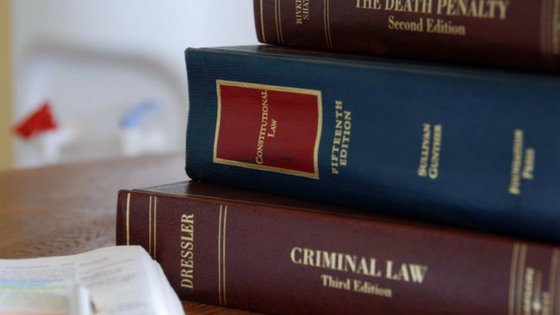The Court of Appeals for the Third Circuit has upheld a lower court’s ruling that an entity that purchases debts and then places those accounts with a separate agency for collection meets the definition of “debt collector” under the Fair Debt Collection Practices Act, and is liable for any violations committed either by itself or the agency working on its behalf.
A copy of the ruling in Barbato v. Crown Asset Management, Greystone Alliance, LLC, and Turning Point Capital Inc. can be accessed by clicking here. The Appeals Court affirmed the lower court’s denial of a summary judgment reconsideration and returned the case to the Middle District of Pennsylvania for further proceedings.
The plaintiff had an unpaid credit card balance, which was subsequently purchased by Crown Asset Management and then placed with a third-party agency for collection. After receiving a collection letter and two voicemails, the individual filed suit against the agency and Crown, alleging violations of the FDCPA. Crown attempted to argue that it did not meet the definition of “debt collector” under the FDCPA, but a District Court judge disagreed, a ruling that Crown appealed to the Third Circuit.
Under the FDCPA, the two most common forms of debt collectors are defined as either an entity
- who uses any instrumentality of interstate commerce or the mails in any business the principal purpose of which is the collection of any debts, or
- who regularly collects or attempts to collect, directly or indirectly, debts owed or due or asserted to be owed or due another
The Supreme Court has weighed in on on the second portion of that definition, as it pertains to debt buyers, in Henson v. Santander USA. The Supreme Court ruled that debt buyers are not “debt collectors” under the FDCPA because they do not regularly collect or attempt to collect debts owed to someone else. But that case did not deal with the first portion of the definition, if the principal purpose of an entity is to collect on a debt.
Crown attempted to use the Henson ruling to indicate it should be considered a creditor, not a collector. But that argument did not fly, especially when the Appeals Court broke out the dictionary. Because collection does not only refer to the act of collecting, but also what is being collected. And, in this case, if acquired debts are being collected, then the defendant meets the principal purpose definition of debt collector, the Appeals Court ruled.
“As long as a business’s raison d’être is obtaining payment on the debts that it acquires, it is a debt collector,” the Appeals Court wrote. “Who actually obtains the payment or how they do so is of no moment.”
The “regularly collects” definition includes the modifier — directly or indirectly — which the “principal purpose” definition does not, the Appeals Court noted. As well, the “regularly collects” definition uses the verb form of collect whereas the “principal purpose” definition uses it as a noun, which is distinguishable.
“‘Collection’ by its very definition may be indirect, and that is the type of collection in which Crown engages: it buys consumer debt and hires debt collectors to collect on it,” the Appeals Court wrote. “The existence of a middleman does not change the essential nature—the ‘principal purpose’—of Crown’s business. As Barbato points out, Crown could buy debt for the charitable purpose of forgiving it, or it could buy debt for the purpose of reselling it to unrelated parties at a profit. In both of those cases, the entity’s ‘principal purpose’ would not be collection. But Crown does neither of those things. Indeed, the record reflects that Crown’s only business is the purchasing of debts for the purpose of collecting on those debts, and, as Crown candidly acknowledged at oral argument, without the collection of those debts, Crown would cease to exist.”
The Appeals Court noted that its ruling did not deal with whether Crown could or should be held liable for the actions of the agency with which the debt was placed, merely that its ruling dealt with whether Crown met the definition of collector under the FDCPA.









